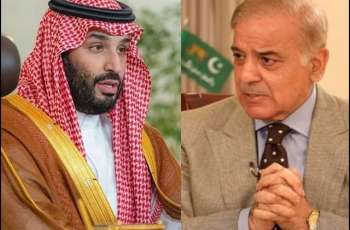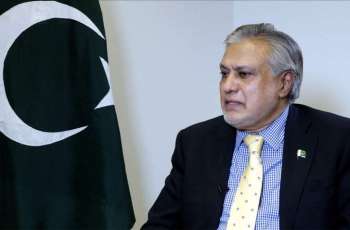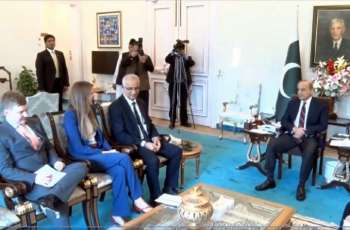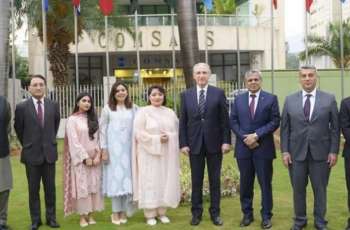In response to this crisis, Chief of Army Staff Gen Asim Munir has pledged to introduce transparency to the exchange rate system and bring currency exchanges within the tax framework.
LAHORE: (UrduPoint/Pakistan Point News-Sept 4th, 2023) The Pakistani rupee is currently undergoing a significant decline, causing widespread economic repercussions and exacerbating the existing inflationary pressures on the country's citizens.
In response to this crisis, Chief of Army Staff Gen Asim Munir has pledged to introduce transparency to the exchange rate system and bring Currency exchanges within the tax framework.
This announcement holds significant importance, given the widening gap between the official exchange rate of the Pakistan rupee and the rates prevalent in the open and black markets, particularly when compared to the US Dollar.
Gen Asim conveyed these intentions during a meeting with representatives of the business community at the Corps Headquarters in Lahore, where various economic issues and their impacts on the nation were discussed. He stated, "The money exchange operations will be subject to taxation, promoting transparency in the exchange of Dollars and interbank rates."
It is essential to contextualize this statement in light of the ongoing situation, where the International Monetary Fund's (IMF) condition, allowing the market to determine exchange rates, has been a major factor contributing to the rupee's depreciation. This is why the army chief has made this commitment in response to the delegation's call for stricter control over the money market.
Additionally, Gen Asim emphasized the critical role of the Special Investment Facilitation Council (SIFC), which has the potential to attract substantial investments, estimated at $100 billion, from countries such as Saudi Arabia, the UAE, Kuwait, and others. He also disclosed the establishment of task forces dedicated to addressing economic issues and various sectors, aimed at enhancing the decision-making process.
Regarding the demands presented by the business community, they proposed a reduction in income and sales tax rates on electricity bills, which have burdened both ordinary consumers and businesses. They suggested a "pragmatic approach" to fuel adjustment charges, advocating for their collection during low electricity consumption months, thus easing the financial strain on consumers.
Furthermore, they called for a unified commitment from political parties and proposed the signing of a 'charter of economy' as a prerequisite for upcoming elections.
Addressing Gen Asim's earlier remarks regarding the existence of a substantial grey economy, which is believed to be significantly larger than the documented economy, the business representatives recommended incentivizing the transition of the grey economy sector into the formal economy. They cautioned that expanding the tax base would remain a challenging endeavor as long as the grey economy remained unregulated and unincorporated.




